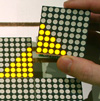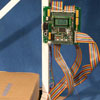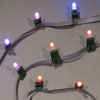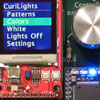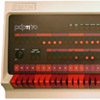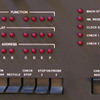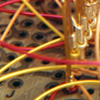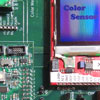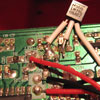What would happen to a major metropolitan area – say, NY or LA – if the electric power grid completely failed, for multiple weeks at a time? The result isn’t pretty, and this is the topic long-time TV journalist Ted Koppel covers in Lights Out. The book claims the electric power grid is subject to a uniquely new threat: Attack by cyber criminals who can disable huge portions of electric power supply remotely.
Koppel delves into urban society’s almost complete dependence on electricity, and the dire results if it fails for an extended period of time. He examines the cyber-threats, and the difficulty of a century old industry trying to keep ahead of high-tech criminals.
The book then goes into the whole issue of preparing for disaster. He visits the cult of “preppers”, who organize their whole lives around possible disaster, and the Mormons, who organize their communities around it. He visits friends on distant rural ranches who can easily survive for months off the grid, but might not welcome crowds of city folk coming to join them.
Koppel is on the top shelf of journalists and he tells the story well. He’s in the rare club of book authors who can land an interview with a cabinet secretary with a phone call or two. And he’s identified some serious issues with our country’s disaster preparedness.
So why did I knock two whole stars off? In a word, sources. The electric power industry, concerned about their image, was very reluctant to discuss cyber security and preparedness on the record. By contrast, various government agencies – particularly defense, intelligence, homeland security, etc. were more than happy to talk with Koppel. These are bureaucrats whose promotions and budgets depend on spreading fear and uncertainty among voters and legislators. I just don’t feel they’re telling the full story or really understand all the technical issues.
I do believe a hacker could disrupt a power station. But for weeks at a time? I need a detailed explanation of that, and Koppel didn’t convincingly provide it. And some technical points, like the threat of an “Electro-magnetic pulse” degenerate into pseudo-science hand waving. Look, the power grid deals with massive “electro-magnetic pulses” all the time. They’re called lightning strikes. Koppel badly needed the power industry’s participation to get an accurate picture of the actual threats. He didn’t get it.
This is a book about electric power. I want to hear from the people actually stringing the wires, not just from bureaucrats and generals milking the taxpayers to “defend” it.
[About the audio addition: Needless to say, the veteran TV journalist does a fabulous job of reading his own book]
Review originally published on Amazon.com















